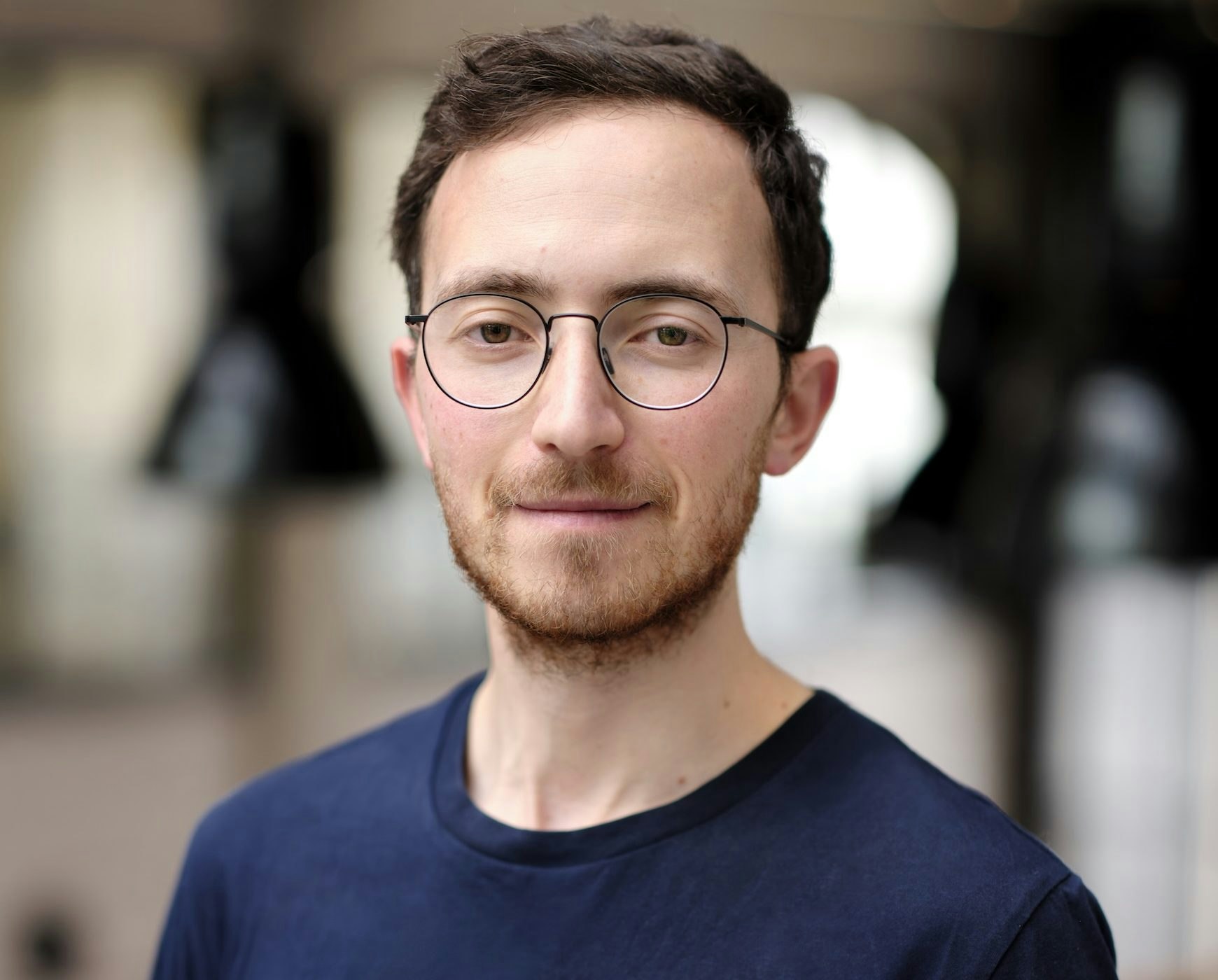This article is part of a series on funding and building first-of-a-kind climate tech. Previous articles have looked at how to secure off-take agreements and how to build the right cap table.
First-of-a-kind climate tech brings with it many challenges, from financing a hugely expensive project without a previous success story to cite, to convincing incumbents to order your product before it exists.
So how do you build a team that can get you over those hurdles?
“This is a very live topic in all of our portfolio companies,” says Sebastian Peck, VC at climate-focused fund Kompas. “There used to be a mantra: don't hire for experience, hire for development potential and smart people will figure it out. This may be true for a software company, but if you have to build a factory, you just have to really know your shit.”
Experienced engineers
In the early-days, when companies are building their pilot plant (a smaller, proof-of-concept plant before the FOAK), they’ll need a fast-paced R&D team, says Craig Douglas, partner at climate-focused VC World Fund.
“Typically this means high-functioning scientists with some practical experience, and also people who are willing to be creative in terms of how to get your kit quickly and be agile, short-term problem solvers to maintain speed,” Douglas says.
FOAK is an “entirely different mindset,” he says. “This is when you want to have industry folk who have built 20 plants in half a dozen countries, because they understand what it takes to manage contractors' processes and create a robust process.”
Jan Miczaika, partner at HV Capital, agrees that they’re the sort of hires that can get an investor to open up their cheque book.
“Having someone who has experience in building and operating plants is one of the roles we really look for,” he says.
Industry expertise meets startup culture
Simon King, partner at Octopus Ventures, says the key is hiring people with experience rather than potential, who know the risks specific to the project. “You want people who have learned from mistakes they made on other people’s money,” he says.
Hiring experienced talent into a startup can sometimes lead to teething problems, says Peck.
“Often you're recruiting people with a profile that isn't necessarily very geared towards a very chaotic startup environment. A good process engineer is diligent, plans ahead, is super detail oriented and needs structure,” he says. “If those people are led in a very chaotic fashion, then that can cause problems.”
Startups “can't tap into a pool of necessarily young, very flexible, very agile minds,” that they might typically go to, Peck says. “You have to fish in a different pond, and from an organisational, cultural point of view, that can be a challenge for a founder.”
I’m looking for a [person] in finance
A FOAK founder’s other chief challenge is getting deep-pocketed investors on board — primarily debt providers rather than equity investors.
William Godfrey, who runs Twist, which helps companies to report on metrics to their debt providers, says the most successful debt raises are typically made by companies with someone on the team who’s worked in investment banking.
“It’s a very close partnership. If it's a big deal, say $100m plus, then there'll be someone from the investment bank who will be working on that deal fairly constantly,” Godfrey says. The investment bank will assess the deal before it’s done, and then monitor the project once the transaction is complete to make sure repayments are made.
“Having someone that the bank can look in the eye, who knows how it’s going to work, creates a saving in the mind of the debt markets,” he says. “They’re going to save three or four months on working on the deal, because it's going to close quicker, because this person knows what they're doing.”
VCs agree. “You need a finance guy who understands how to talk to banks, and how to deliver the right level of information,” says Peck. “This is not your typical consultant turned B2B SaaS CFO who reads pirate metrics on a weekend.”
It’s crucial that companies find someone who can talk about risk, says Octopus’s King.
“The challenge here is pricing the risk: traditional investors don’t have the expertise to calibrate the risk/reward model for FOAK projects, so the specialists you hire will be crucial in helping investors understand and get comfortable with this.”
Negotiating offtakes
To get those deep-pocketed investors on board, FOAK companies need to sign offtake agreements, which are deals with industrial incumbents to take the product once it’s produced.
Maxi Pethö-Schramm, investor at HV Capital, says having someone who can negotiate offtakes, as well as land permitting contracts and feedstock agreements, is critical.
“Those are not easy to negotiate, so having someone with experience on the commercial side, negotiating those kinds of contracts is important,” she says.
That said, Douglas says that at FOAK stage offtakes can often be negotiated by a CEO or CFO, then companies can build out a commercial team once they have more sites.
Marketing?
Yair Reem, investor at climate-focused fund Extantia, agrees that someone with project finance expertise should be high up the FOAK-building company’s hiring plan. But, ahead of that, Reem says someone in marketing is a crucial hire.
“It’s all about: Why should I spend this money, with this person, right now,” he says. “Long term, if you’re doing something right, you’re going to have competition. Why should we pick you? Why pick this electrolyser versus another? That’s where the brand plays a key role.”



